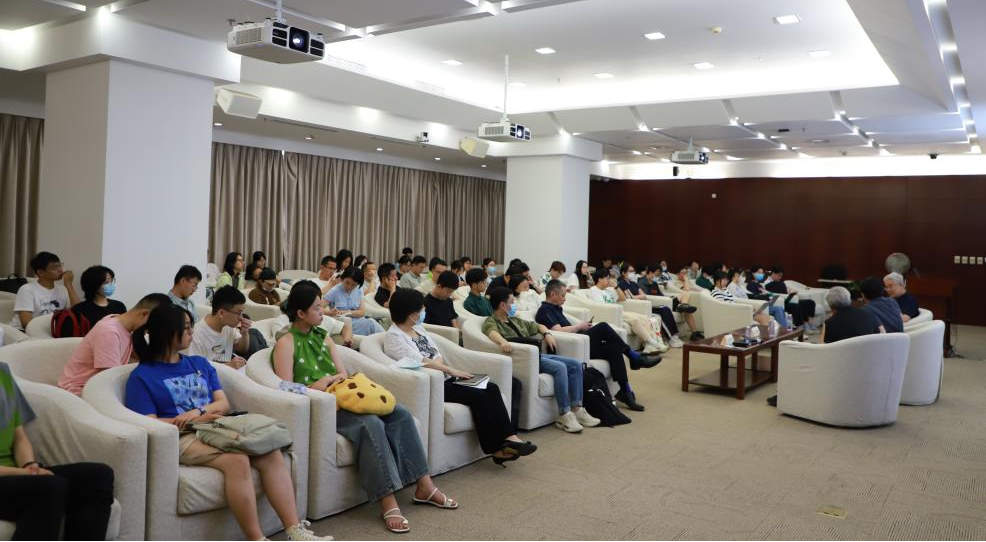
Proceeding from their own reading and
research experiences, the three experts discussed a wide range of topics,
including the story behind Lu Xun's writings, the significance of Lu Xun's
works to Chinese literature, and the role of Lu Xun from a global perspective.
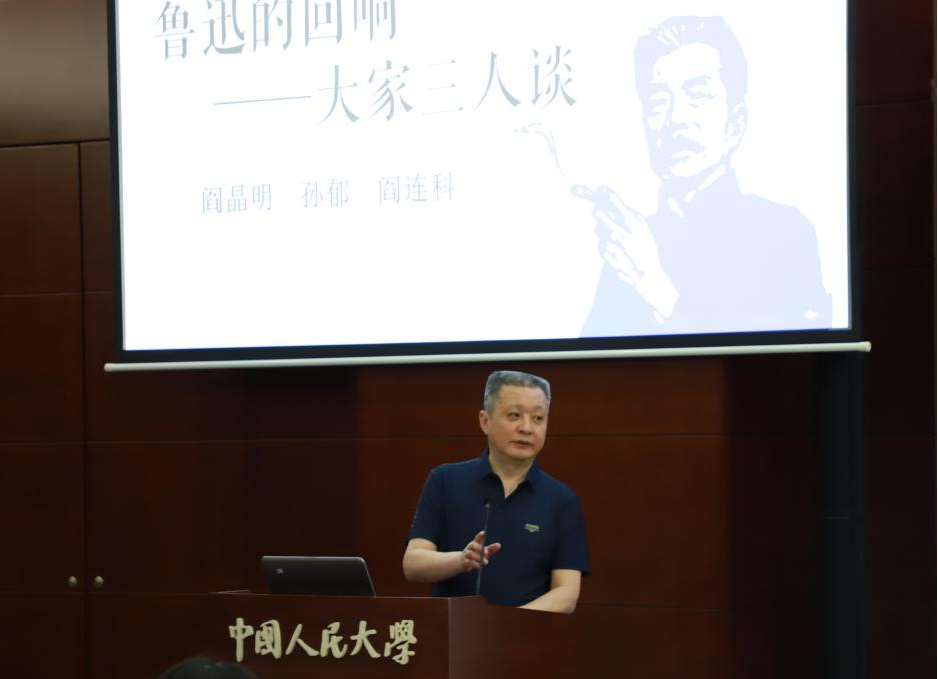
At the beginning of the event, Professor
Chen Jianlan gave a brief speech to the participants. “Over the past two
months, wonderful events have been offered during the 16th RUC Literary
Festival. As the literary festival draws to a close, we return to Lu Xun again
to conclude the event“, said Chen. “We are glad to have Yan Jingming, Sun Yu
and Yan Lianke, three top-notch scholars devoted to Lu Xun, to talk with us. We
will surely stand to benefit from their conversation.
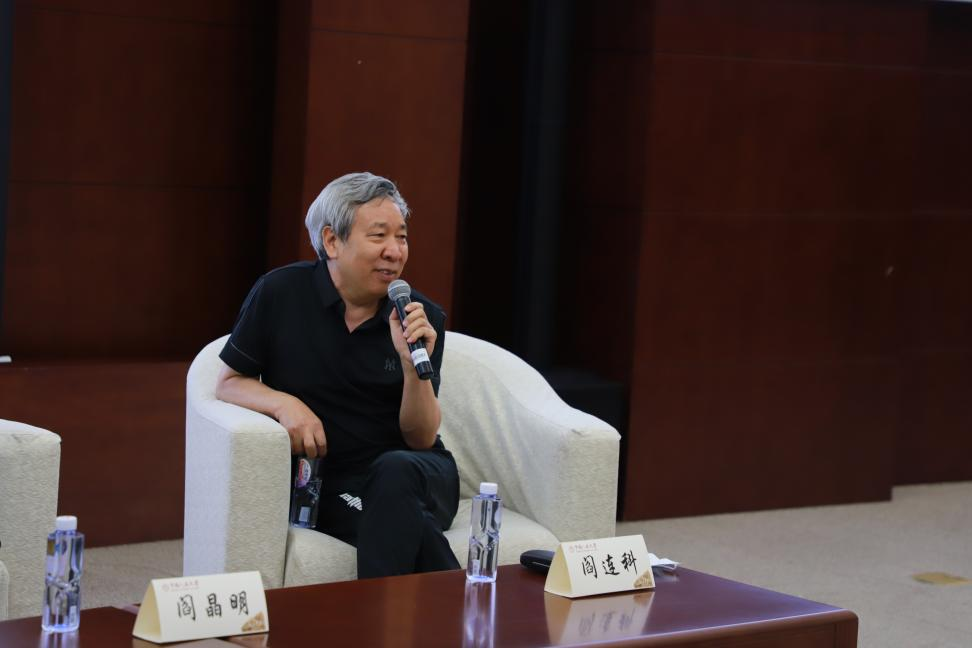
Yan Jingming then started the conversation
with humorous remarks which won gales of laughter from the
participants. Following that, Professor Yan Lianke asked Yan Jingming the
reason to switch from the field of contemporary literary criticism to the study
of Lu Xun. He answered, "I am committed to the study of Lu Xun because my academic
background is just made for that". He further noted the differences
between literary criticism and research. He also mentioned that attention to
the development of one’s research field is the prerequisite of research. This
helps explain the complementary relationship between the study of Lu Xun and
that of contemporary literature. The study of Lu Xun literature, according to him,
is conductive to the study of modern literature. In addition, Mr. Yan Jingming
mentioned the current hot topic of "Kong Yiji's long gown" and
pointed out that modern readers have pointed out the direction of further study on
the famous author.
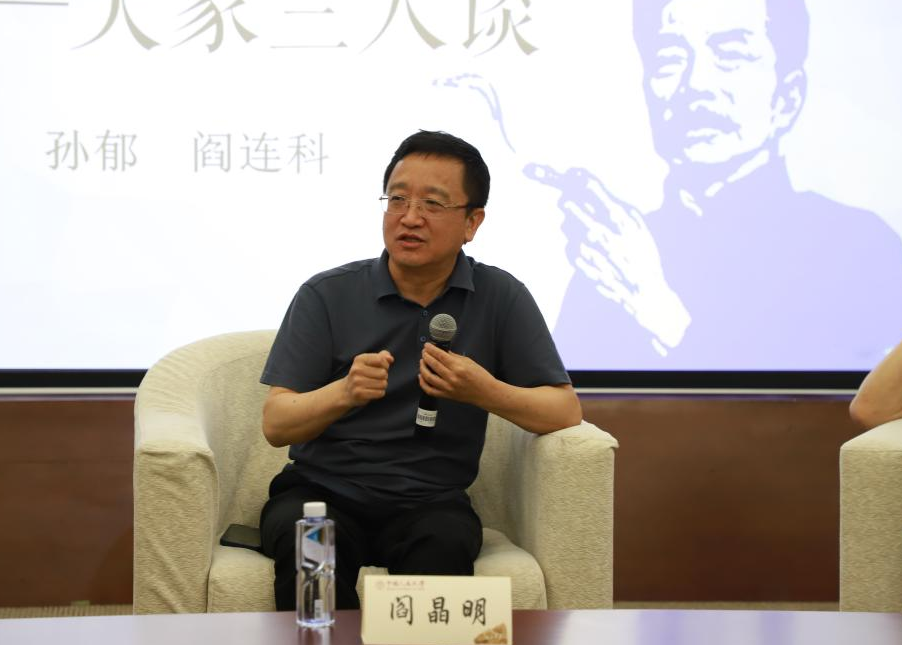
Speaking of Lu Xun's contributions to
Chinese literature, Mr. Sun said: "Lu Xun is an inexhaustible river that continues
to nourish us. For years, critics tried to capture his role in the field. With
hindsight, it is simply ridiculous to do just that because his significance has
proved to be immeasurable. Lu Xun's works mainly deal with the problem of
existence, men and women, life and death, humanity and society, and etc. He
presents it in a way that is not found in the history of Chinese literature. At
the same time, Mr. Sun Yu points out that Lu Xun's influence is equally
profound in such fields as Buddhism, philosophy, history, and painting, and
that the literature giant has exerted a distinctive role in a wide range of
fields.
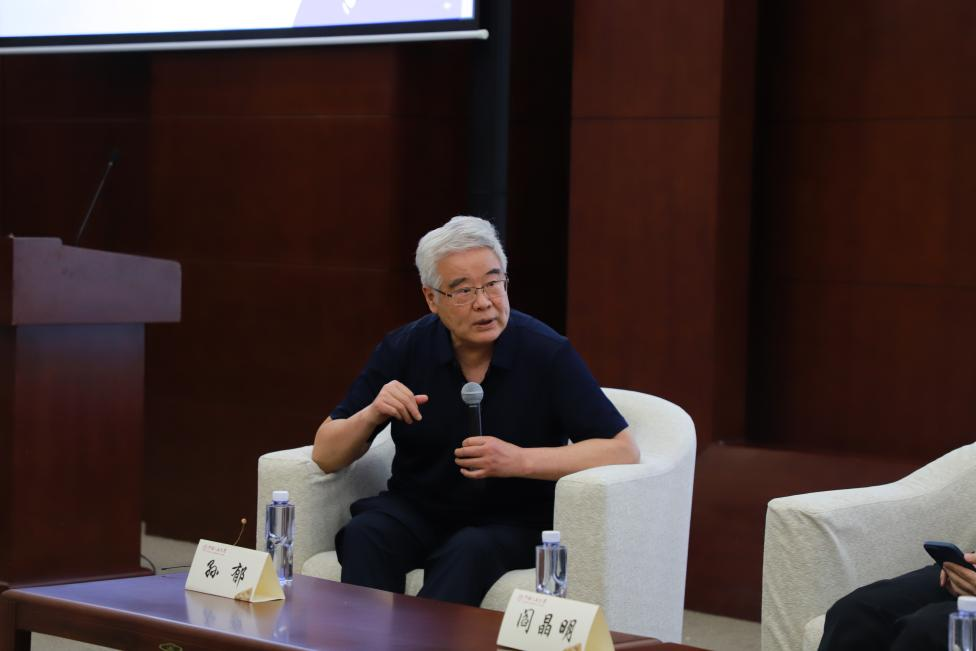
When it comes to the complexity of the
genre of Lu Xun's writing, Mr. Yan Jingming replied that he had studied the
influence of such ancient books like A New Account of Tales of the World on Lu
Xun's writings and analyzed the chaos of Lu Xun's ancient novel system. At the
same time, Mr. Yan also gave his own explanation of the classification of Lu
Xun's works. Wandering and Call to Arms, two of the author’s most famous books,
were chosen as the dividing line between his novels and essays. In terms of the
comparison between Lu Xun’s works and foreign literature, Ms. Yan believed that
Lu Xun's novels are by no means inferior to those of writers such as Kafka.
What sets his writings apart is his power to integrate prose, novel, poetry and
philosophy. Yan noted that Lu Xun has done more translations than creations.
According to Yan, the process of translation is a test of language. Lu Xun once
translated texts written in German and Japanese into Chinese in the writing
style of the Six Dynasties period(222-589). That’s why his language contains
infinite information, like a bridge between ancient and modern Chinese and
between Chinese and foreign literature. His writings are a "compressed
Divine Comedy", concluded Yan.
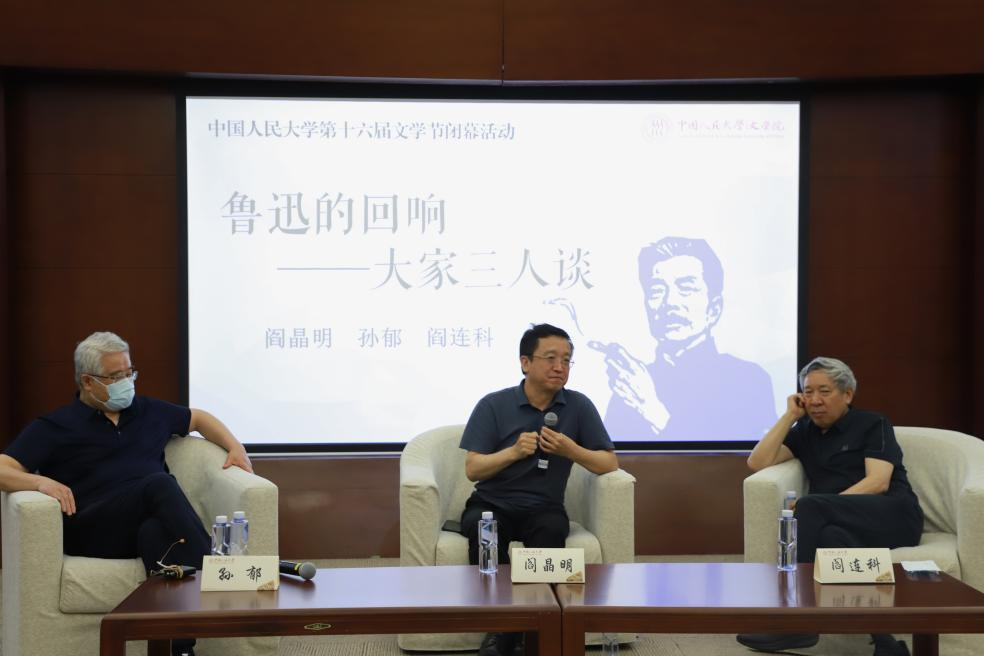
Then,Professor Yan
Lianke put
forth an interesting question: suppose you could only have one of
Lu’s books with you, which one would you choose? Ms. Yan Jingming decided to choose Wild
Grass because it is very thin, so you can turn it over at any time; while
Ms. Sun Yu chose Tomb, noting that six articles of which were written in
classical Chinese and referring to them as great texts.
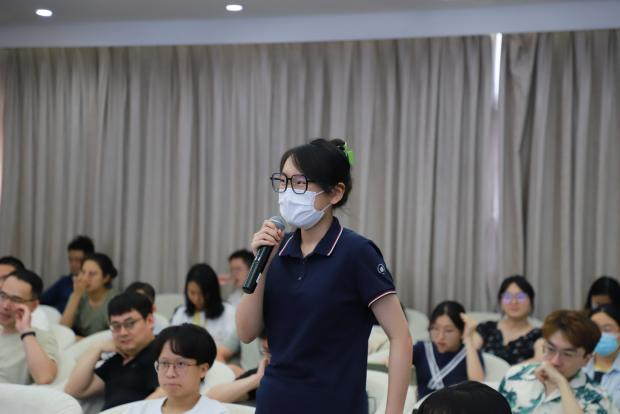
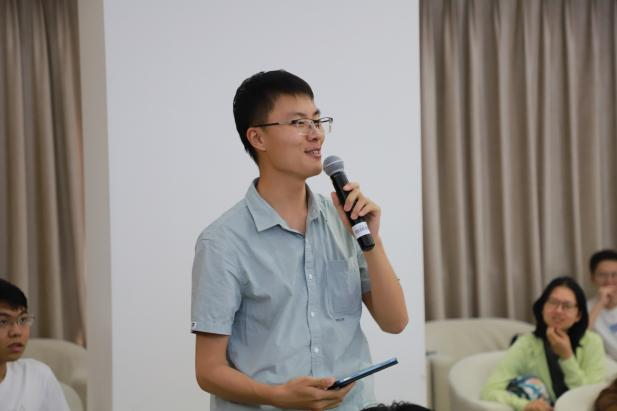
At the end of the event, the students present engaged in a lively exchange with the teachers about their own understanding and confusion of Lu Xun's works.
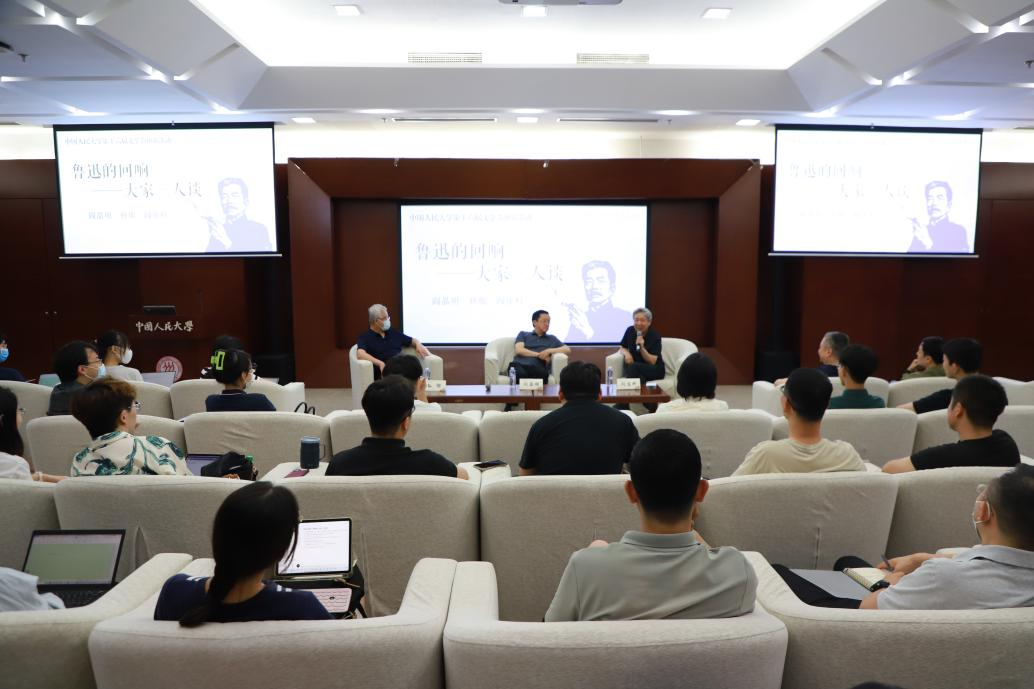
The three teachers' academic expertise and enlightening
insight brought the festival to a successful end. With the conclusion of “The
Echoes of Lu Xun: conversation among a trio of top academics”, the 16th
Literary Festival of Renmin University of China came to an end.
The echoes of literature will never cease. This event made it possible for us to feel the echoes of literature through reading, thus appreciating the essence of literature. Looking forward to meeting again next year and embarking on a new literary journey!



